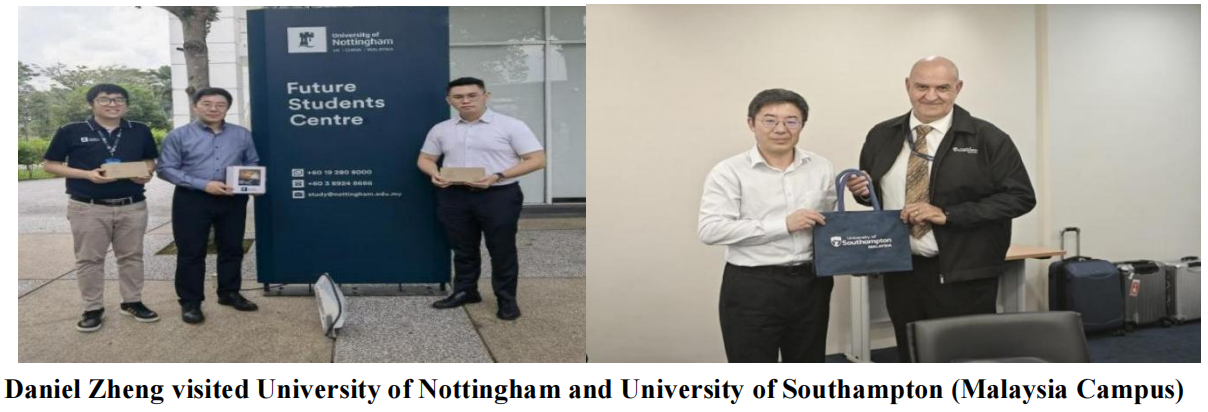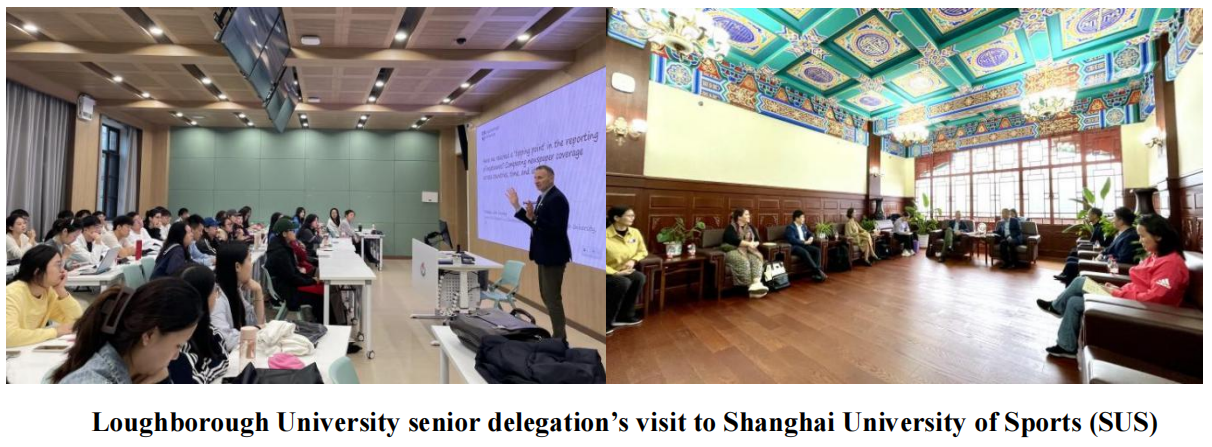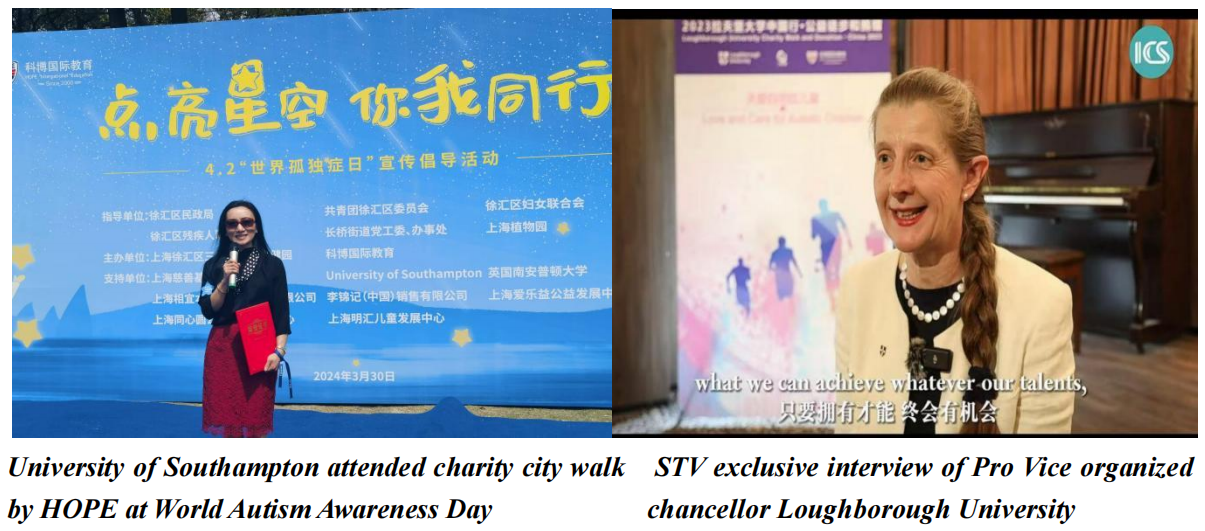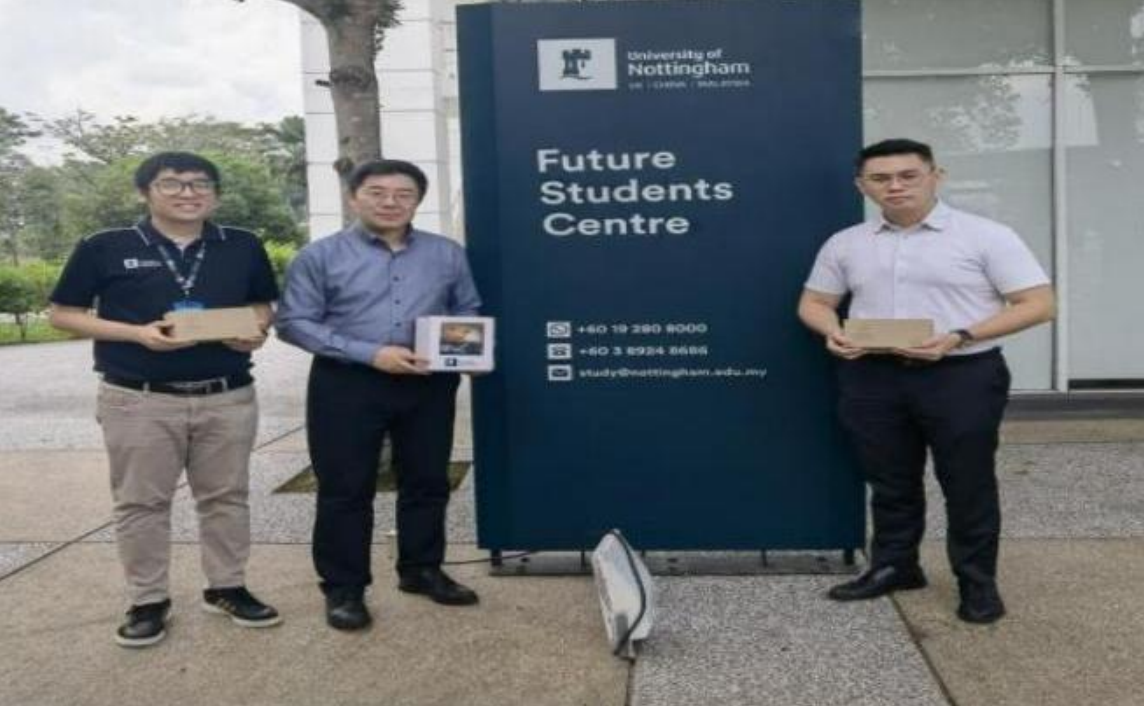In recent years, with the changes in the global education landscape and the domestic economic situation, the overseas study market has shown some decline. Against this background, overseas universities, are facing unprecedented competition pressure.
This change in the overseas study market is mainly reflected in the diversification of overseas study destinations, and some students even prefer in-country joint programme. In the past, UK, US, Australia and Canada have always been the main choices for many Chinese students. However, in recent years, Southeast Asian countries and HK have gradually emerged as attractive destinations for Chinese students due to their relatively low tuition fees and similar cultural backgrounds to China.

At the same time, traditional study destination countries encounter many various negative factors, which further exacerbates the difficulty of enrollment. The continuous rise of tuition fees in the UK, the uncertainty of Sino-US relations, Australia's restrictions on the number of international students an Canadian visa hindrance have led some Chinese students to reconsider their study destinations.
Faced with this series of challenges, UK universities need to change their marketing mentality and innovate their enrollment and promotion strategies. Firstly, strengthening cooperation with Chinese universities and involving their agencies for this recruitment driven links. Quite a few HOPE’s partner universities in the UK such as Loughborough University, Goldsmith University of London, Essex University and Lancaster University have benefited or will soon be benefiting from the partnership HOPE help to establish which generated stable cohort of enrolment. Among various model of links, 3+1 programme (Chinese undergraduate students complete 4-year undergraduate programme within 3 years, and study 1 year master degree in their 4th year) is becoming more and more popular among top Chinese universities. However, this model requires more flexibility from the British universities for entry requirements of Postgraduate course.

Secondly, overseas universities need to be more innovative in marketing and promotion events. Relying on traditional ways such as attending education fairs, promotion seminars etc are far less enough. Some effective methods such as master/demo classes in local international schools or universities, attending charity events, students’ and parents’ visit to alumni’s company or career focused training can be more cost effective.
HOPE organized quite a few such events in the past years including charity city walk and photography contest for autism children, media interview with senior management of the UK universities for a particular topic, students’ company visits followed by camping with alumni and HR directors. HOPE is pleased to see that University of Southampton, Loughborough University, CATS school invested and attended such event.
Thirdly, UK universities can probably design some short academic summer camp programme for China market for both senior high school students and undergraduate students. Such programmes have been very popular and are delivered in many top universities in Singapore, such as National University of Singapore, and HK, such as HK University. Although some UK universities have such programme in summer, the content is usually more theoretical and not for China or Asian market.

In summary, the study abroad market in China is experiencing some periodical declining. Some UK universities have been responding to the market change swiftly while most of them are still slow and rely too much on their traditional practice. It can be enjoyable to recall the glorious history, but it is more important to face the current reality, foresee the uncertain future and make necessary changes.




